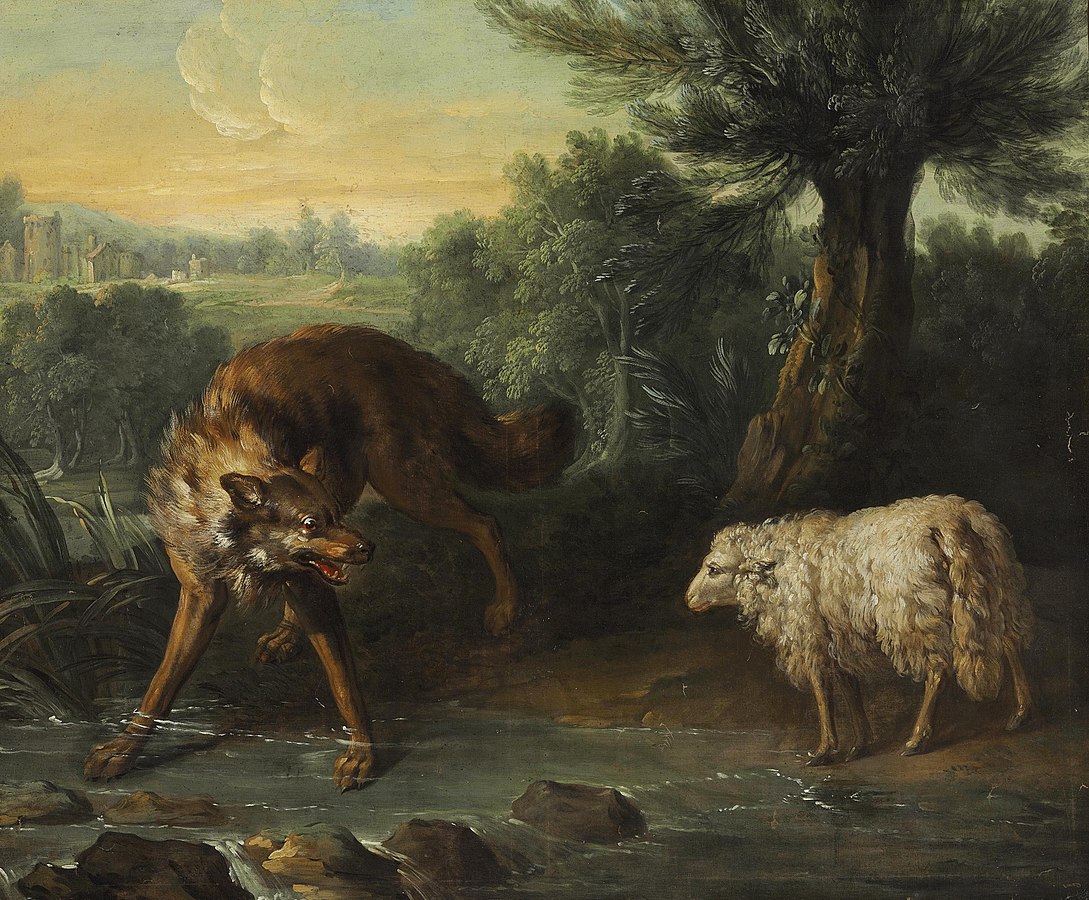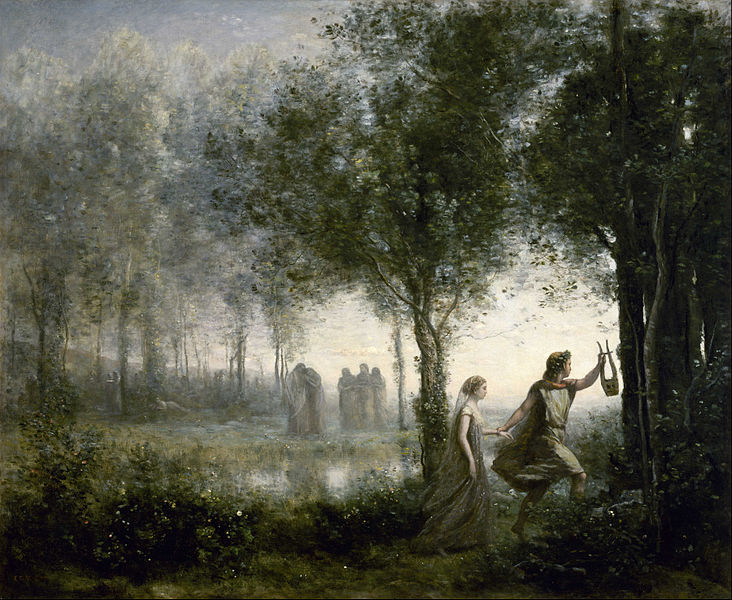Fairies and the Folklore Society: 1878-1945
The great Victorian fairy fascination held its grip over culture into the early 20th century. In the wake of the Cottingley photographs, the dark folkloric sprites had seemingly transformed into benign nursery beings.





